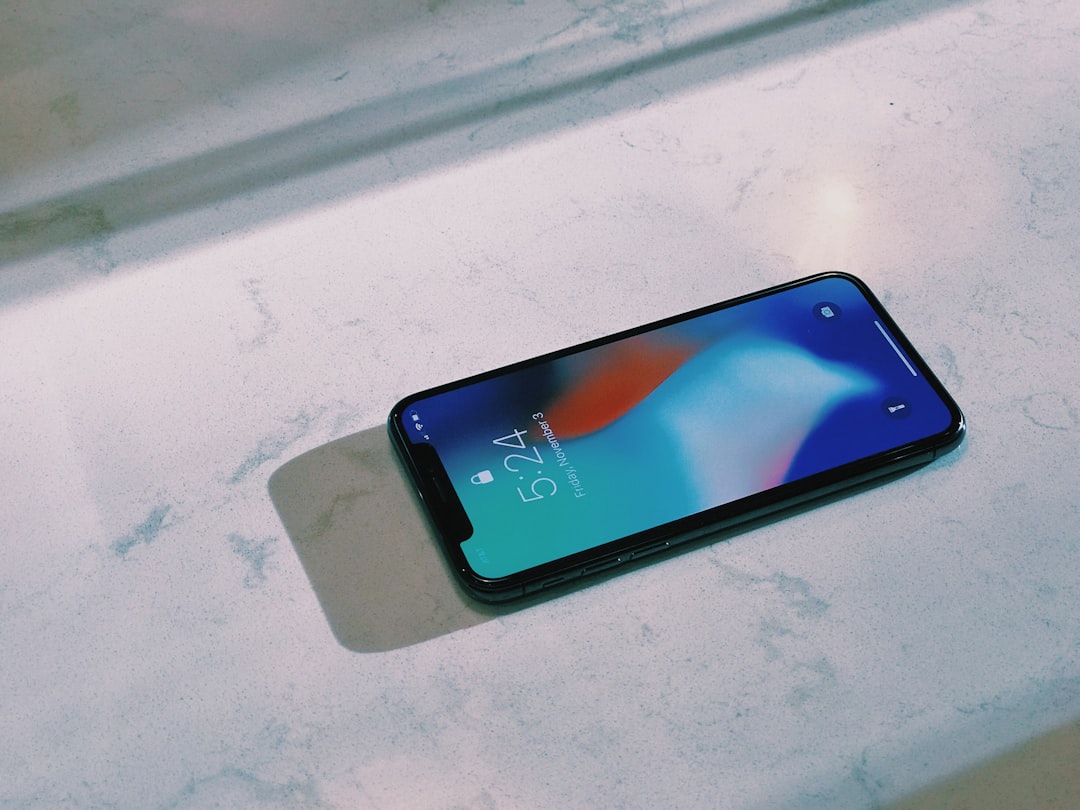Unwanted phone calls in New Jersey are governed by state and federal laws, including the TCPA, which protect consumers from marketing tactics without prior consent. A qualified unwanted call attorney in New Jersey can guide individuals on blocking these calls, seeking compensation, or obtaining injunctions against violators, ensuring their rights under consumer protection laws are upheld.
In today’s digital age, unsolicited phone calls, particularly telemarketing and sales pitches, have become a common nuisance. For many, these frequent calls can feel like an unwelcome intrusion, especially when they are repetitive or aggressive. This article explores the legal definitions and terms surrounding unsolicited phone calls in New Jersey, including consumer protection laws and when marketing efforts cross into harassment. If you’re facing unwanted phone marketing, understanding your rights as a consumer is crucial, and consulting with an experienced unwanted call attorney in New Jersey may be beneficial.
Understanding Unsolicited Phone Calls: Legal Perspective

Unsolicited phone calls, often referred to as “unwanted calls,” are a common irritant for many individuals. From marketing campaigns to telemarketers and even fraudulent schemes, these calls can be invasive and disruptive. In the legal context, understanding what constitutes an unsolicited call is crucial, especially when dealing with consumer protection laws. A New Jersey unwanted call attorney can provide clarity in such situations.
Legally, an unsolicited phone call is defined as any call made for commercial purposes to a recipient who has not given prior explicit consent. This means businesses or individuals making such calls must adhere to strict regulations, including obtaining proper authorization and following do-not-call guidelines. Violations can result in legal repercussions, fines, and damage to the caller’s reputation. Consumers in New Jersey have rights protected by state laws, which further emphasize the importance of informed consent and responsible calling practices.
Consumer Protection Laws and Their Relevance

Consumer protection laws play a pivotal role in mitigating the impact of unwanted calls, especially those deemed intrusive or harassing by recipients. In the context of unsolicited phone calls, these laws are designed to safeguard individuals’ rights and provide avenues for redress when violated. New Jersey, like many states, has implemented comprehensive regulations to curb abusive call practices.
The relevance of consumer protection laws extends beyond curtailing nuisance calls; they empower consumers with legal recourse against companies or individuals who make unwanted contact. An experienced unwanted call attorney in New Jersey can guide victims through these laws, ensuring their rights are respected and providing effective solutions for those plagued by relentless or unauthorized phone calls.
Defining Unsolicited in Telemarketing Context

In the context of telemarketing, “unsolicited” refers to any phone call initiated by a telemarketer or sales representative without prior consent from the recipient. This term is crucial when discussing legal definitions related to unwanted calls, particularly for New Jersey residents seeking recourse against intrusive marketing tactics. An unsolicited call is often seen as an invasion of privacy and is typically prohibited by state and federal laws designed to protect consumers from excessive or nuisance calls.
The concept of “unwanted” here goes beyond simply not being asked for the call; it implies a lack of explicit permission or agreement from the individual receiving the phone call. This definition plays a pivotal role in legal cases involving telemarketing practices, especially when individuals wish to file complaints against companies or attorneys specializing in unwanted call cases in New Jersey. Understanding this term is essential for both consumers asserting their rights and legal professionals navigating these complex regulatory areas.
When Does a Call Become Harassment?

In the context of unsolicited phone calls, what constitutes harassment can vary and is often governed by state laws. While many people may find certain types of repeated or unwanted calls disturbing, legal definitions of call harassment are specific. A call can be considered harassing if it becomes persistent, frequent, or uses deceptive practices to entice a recipient into answering. An unwanted call attorney in New Jersey can provide guidance on when a caller’s behavior crosses the line from mere nuisance to legal harassment.
The volume and nature of calls play significant roles in determining harassment. For instance, repeatedly calling someone at irregular intervals, despite the recipient expressing clear disinterest or blocking the number, is often viewed as harassing behavior. Additionally, using automated dialing systems or prerecorded messages can be illegal in many jurisdictions, especially if they are used to make unsolicited sales or marketing calls.
Legal Recourse for Unwanted Phone Marketing

If you’re receiving unwanted phone marketing calls, you may have legal recourse. In the United States, particularly in New Jersey, state and federal laws protect consumers from unsolicited telephone marketing calls, also known as “spam” calls. The Telephone Consumer Protection Act (TCPA) prohibits businesses from making automated or prerecorded calls to mobile phones without prior express consent. Additionally, New Jersey has its own stringent regulations regarding telemarketing practices, further safeguarding residents from unwanted phone calls.
If your rights have been violated, consulting with an experienced unwanted call attorney in New Jersey is a crucial step. These legal professionals specialize in TCPA litigation and can help you navigate the complexities of filing a claim for damages or seeking an injunction to stop the calls. With their expertise, they’ll ensure your rights are protected and that you receive the compensation or relief you’re entitled to under the law.






